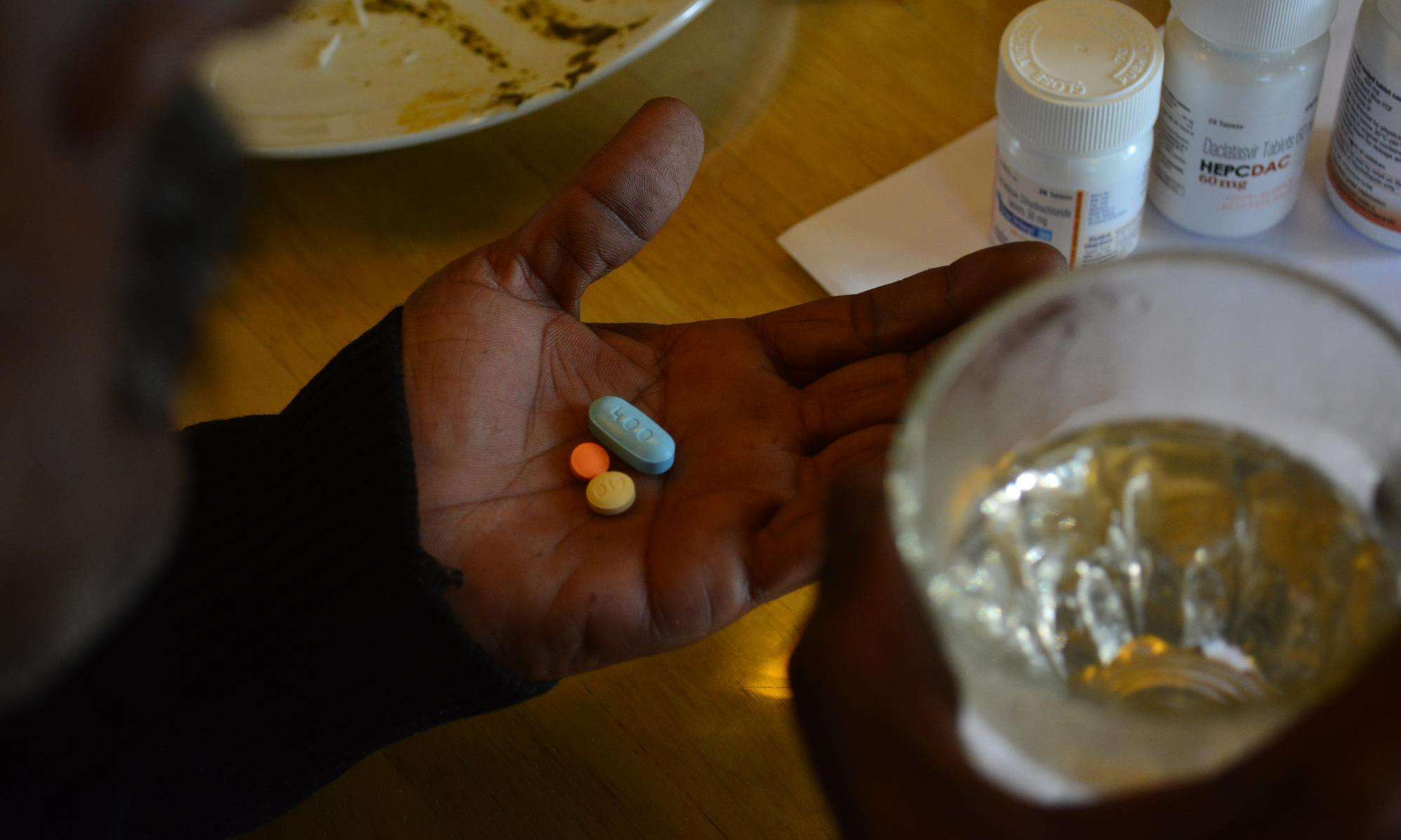NEW YORK, OCTOBER 18, 2023—As the US Senate Committee on Health, Education, Labor and Pensions (HELP) holds a hearing today on the nomination of Dr. Monica Bertagnolli to head the National Institutes of Health (NIH), Doctors Without Borders/Médecins Sans Frontières (MSF) is calling on her to commit to better aligning the agency’s medical research and development (R&D) agenda with the world’s most pressing public health needs. She must do more than those who have previously held this position to ensure that the agency's investment in creating new medicines, vaccines, and diagnostics actually improves the health of people in the US and around the world, said MSF.
Currently, high prices for new medical tools are a major barrier to access—in the US and even more so in low- and middle-income countries like those in which MSF predominantly operates. And that’s if these products exist at all. Oftentimes, pharmaceutical corporations don’t invest in the R&D of new medical tools unless there is a lucrative market.
As the world’s largest funder of biomedical research, the NIH plays a significant role in creating lifesaving new medical tools. Its new director should adopt policies and practices that ensure equitable access to these medical products for people everywhere in the world and fulfill its mission to protect and improve health.
Mihir Mankad, MSF global health advocacy and policy senior advisor, said today:
“Congress must demand that Dr. Monica Bertagnolli commit to leading the NIH in setting policies and practices that ensure equitable access to lifesaving medical products.
“The NIH is the largest funder of biomedical research in the world. Anyone who leads this agency and has a say in how it doles out funding to pharmaceutical corporations and other drugmakers has a responsibility to make sure that the research it supports truly aligns with public health needs and benefits people here and abroad.
“The US government recently put a requirement on funding it gave to Regeneron to create a new medicine to prevent COVID-19 that forces the company to charge reasonable prices for any product that hits the market. This proves that the US can use its pressure and influence to determine who has access to new medicines, vaccines, and diagnostics.
“Unfortunately, this case is the exception rather than the rule; time and time again, the US has given pharmaceutical corporations taxpayer money to make new medical tools and then sat idly by as companies charge exorbitant prices or fail to make them widely available.
“For example, NIH scientists developed and patented an Ebola treatment called mab114 but then gave one company, Ridgeback Biotherapeutics, an exclusive license to make it without including access conditions in the contract. In the nearly seven years since the license was granted, Ridgeback has produced almost no treatments, including for places where Ebola is endemic. NIH could have prevented this from happening by including provisions in the licensing agreement to ensure access.
“This is why, if confirmed as NIH director, Dr. Bertagnolli’s first step should be to make sure that NIH funding and licensing agreements with pharmaceutical corporations include access conditions—both related to affordability and availability of a new medicine, vaccine, or test. Currently, the NIH grants tens of billions of taxpayer dollars to pharmaceutical corporations and other developers for R&D each year, yet it fails to attach strong conditions to this funding.
“Dr. Bertagnolli, if confirmed, must also increase transparency around R&D costs and give people, governments, and treatment providers like MSF more leverage to advocate for reasonable prices. Pharmaceutical companies and other developers use R&D costs to justify high drug prices but keep secret what they actually spend, including the costs of clinical trials—the most expensive part of bringing drugs to market—even as taxpayers foot the bill.
“Our medical teams have seen time and time again the deadly consequences of overpriced, out-of-reach, and unavailable medicines, vaccines, and diagnostics. We can’t keep letting history repeat itself.”

